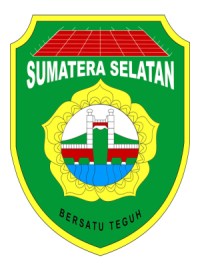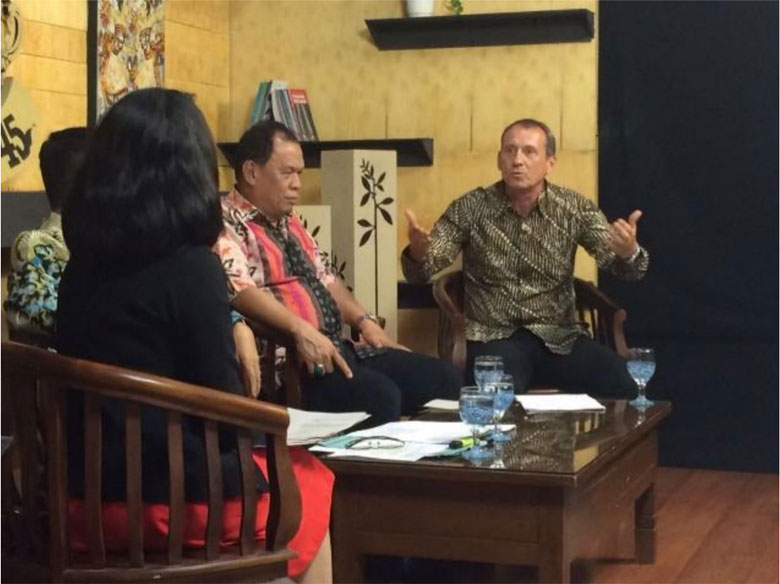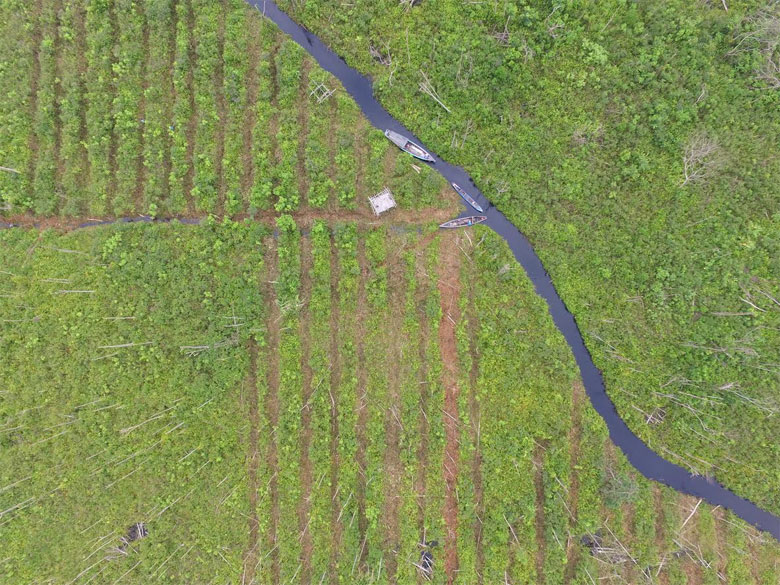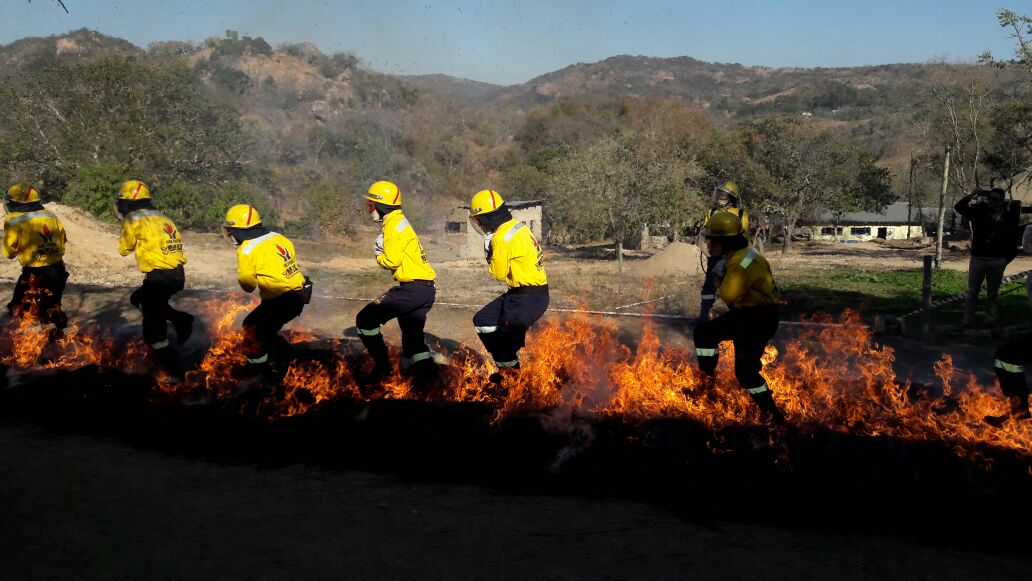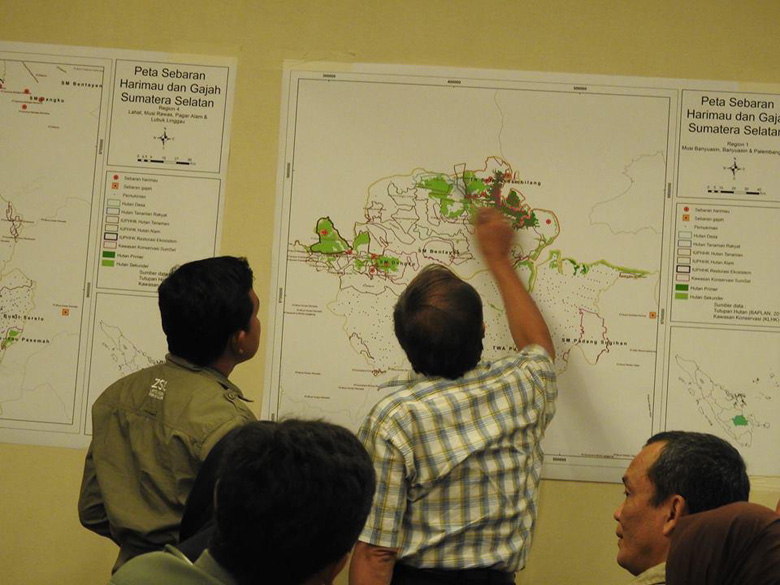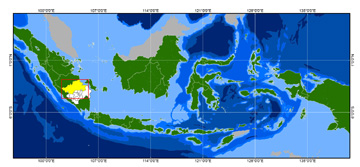GENERAL INFO
It is widely recognized that climate change and biodiversity are closely intertwined. Biodiversity is affected by climate change, with far-reaching negative consequences.
Conservation and sustainable management of ecosystems to maintain the maximum variety of species is critical to addressing climate change, as biodiversity makes an important contribution to both climate change mitigation and adaptation.
The rate and magnitude of climate change induced by increased greenhouse gas (GHG) emissions has already and will further continue to affect biodiversity, either directly or in tandem with other drivers of climate change. Current rates of species extinction far exceed normal background rates. Human activities have already resulted in biodiversity loss, and as a consequence, affected the ability of ecosystems to adapt to climate change, thus having a negative impact on the goods and services crucial for human well-being.
There is ample evidence that climate change affects biodiversity. According to the Millennium Ecosystem Assessment, climate change is likely to become one of the most significant drivers of biodiversity loss by the end of the century. Changing environmental conditions through climate change are already forcing ecosystems and their characteristic species to adapt, either through habitat shifting, changing life cycles, changing species composition, or the development of new physical traits.
Conserved, sustainably managed or restored biodiversity-rich habitats can remove carbon dioxide from the atmosphere, and mitigate climate change by storing carbon, e.g. by reducing emissions from deforestation and forest degradation. It seems safe to say that the higher the biodiversity within a given ecosystem, the higher its chance of adapting to climate change.
Further reading:cbd
UNFCCC



